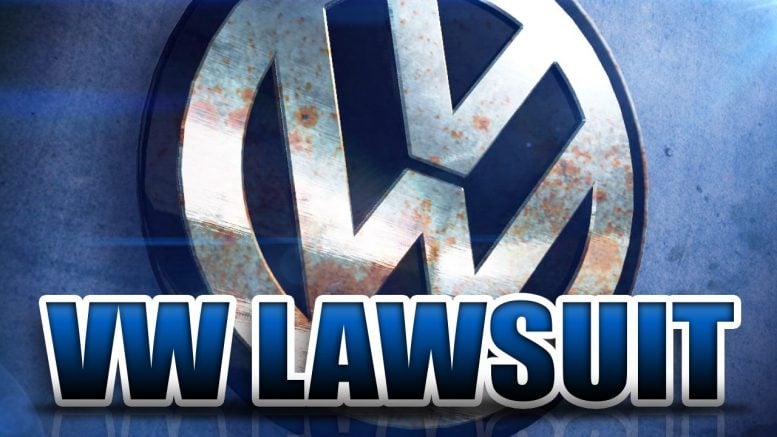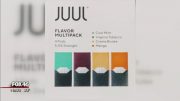CHARLESTON, W.Va. (WHSV) — On Wednesday, West Virginia Attorney General Patrick Morrisey expanded the state’s lawsuit against Volkswagen Group of America to include allegations against its parent company, in addition to Audi, Porsche and the German engineering corporation Robert Bosch.
The amended complaint, filed in Kanawha Circuit Court, charges Volkswagen, Audi and Porsche used Robert Bosch technology to cheat government emissions tests.
The scheme led to false advertising as the carmakers’ self-described “clean diesel” engines actually emitted up to 40 times the legal limit of nitrogen oxide, a reality first discovered by researchers at West Virginia University.
“My office remains committed to holding each entity responsible,” Attorney General Morrisey said. “I believe our continuing effort will protect consumers and the citizens of our state better than the proposed federal settlement. West Virginia helped first discover this problem – we need to ensure that the solution works for our state.”
The Attorney General initially file his lawsuit filed against Volkswagen Group of America in October 2015.
The new complaint alleges Volkswagen and its parent company, along with Audi and Porsche, were each complicit in equipping 2.0- and 3.0-liter TDI diesel engines with defeat devices capable of cheating government emissions tests.
The Bosch-designed defeat devices enabled the car to detect test scenarios and reduce emissions accordingly. The technology yielded high marks for fuel economy and environmental consciousness, while subsequent research would prove a much different story.
Carmakers seized upon the favorable tests. The complaint alleges Volkswagen, Audi and Porsche each falsely advertised the affected vehicles used clean diesel engines.
In fact, Volkswagen claimed its engines “reduced sooty emissions” by up to 90 percent when compared with prior diesels and marketed itself as the first automaker to make clean, diesel cars certified in all 50 states, according to the complaint.
The Attorney General contends West Virginian consumers believed the advertisements and paid a premium price for the technology – as much as $1,000 to $6,855 extra depending upon the make, model and options chosen.
The lawsuit estimates more than 2,700 Volkswagen, Audi and Porsche branded vehicles from model years 2009 to 2016 were registered with the state’s Division of Motor Vehicles as of last month.
The amended complaint charges the defendants failed to deliver advertised services and promised certifications, benefits and characteristics. It further alleges acts of confusion and misunderstanding, excess fee violations and the creation of a public nuisance that harmed the environment.
The Attorney General seeks appropriate restitution and various civil penalties, including $5,000 for every false advertisement in violation of the state’s Consumer Credit and Protection Act, and payment in the amount of 10 times the premium charge collected from consumers who opted for the TDI technology.
The lawsuit also seeks to force Volkswagen to advertise the true performance specifications of its TDI diesel line of vehicles, pay for all damages suffered by the state, abate the public nuisance it caused and remediate the state’s environment among other requests.
Defendants listed in the amended complaint are Volkswagen Group of America Inc., Volkswagen Aktiengesellschaft, Audi of America, Audi Aktiengesellschaft, Porsche Cars North America Inc., Dr. Ing. h.c. F., Porsche AG, Robert Bosch GmBH and Robert Bosch LLC.
A copy of the complaint can be read by following the link in the ‘Related Links’ section of this article.
A Volkswagen U.S.-based spokeswoman didn’t immediately offer comment Wednesday. Bosch said in a statement it plans to continue defending itself as the case proceeds and declined to comment further on a pending legal matter.
Source: www.whsv.com





Be the first to comment on "West Virginia Lawsuit Against Volkswagen Expanded"